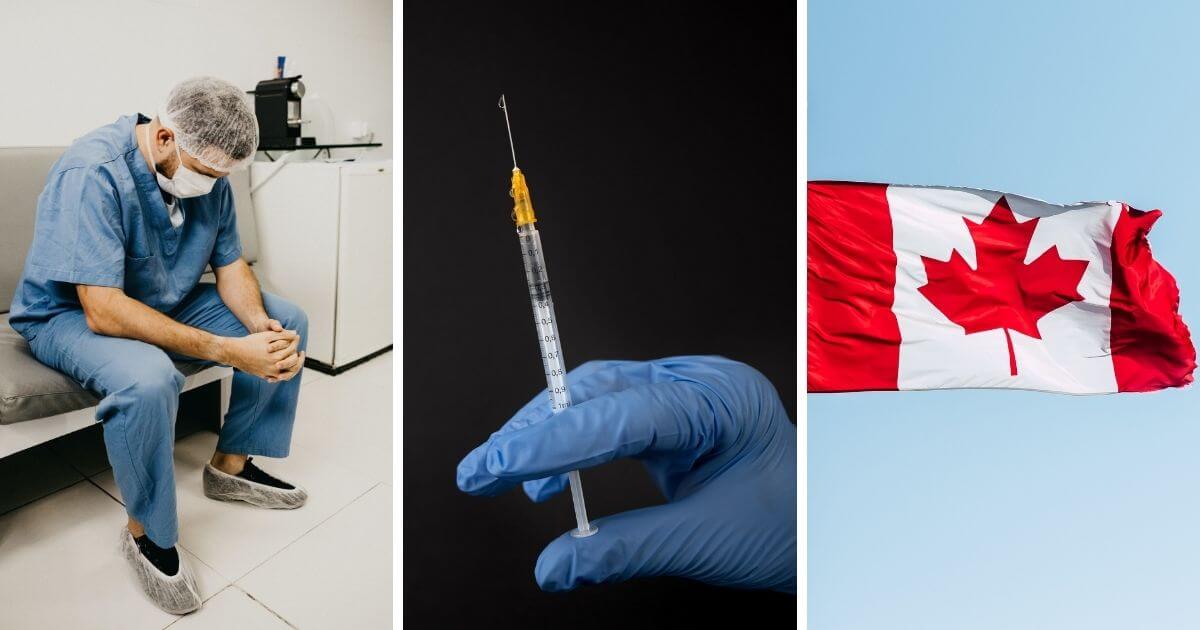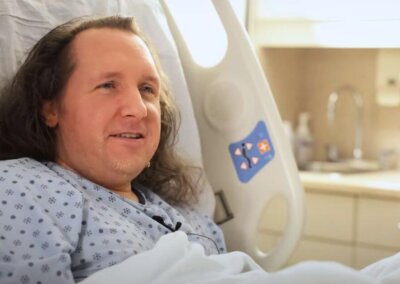In most jurisdictions in the world where euthanasia and/or assisted suicide is legal, doctors are explicitly prohibited from bringing up assisted suicide and/or euthanasia with their patients due to concerns about influencing the patient to make that choice.
But a guidance document produced by a group of providers of assisted suicide in Canada says that doctors have a “professional obligation” to initiate discussions about assisted suicide and euthanasia with eligible patients.
The guidance document, titled “Bringing up Medical Assistance In Dying (MAiD) as a clinical care option” produced by the Canadian Association of MAID Assessors and Providers, states that “physicians and nurse practitioners … involved in care planning and consent processes have a professional obligation to initiate a discussion about [assisted suicide and/or euthanasia] if a patient might be eligible for [them]”.
Although it was initially published in 2019, the document is under fresh scrutiny because, according to the National Post, the “subject of ‘bringing up MAiD’ is the topic of one of the components of new MAiD curriculum under development, and it was part of a free, professional development webinar for health-care providers this week”.
The guidance also states that the timing for initiating a discussion on assisted suicide and euthanasia is at the discretion of the doctor, noting that it would be inappropriate immediately after the “diagnosis of a grievous and irremediable medical condition”.
Patients may infer that it’s essentially a suggestion.
However, University of Toronto bioethicist, Kerry Bowman, argued: “Some people, no matter how well-handled your conversation, may infer that it’s essentially a suggestion”.
“They would also definitely infer that they have the strong potential to meet eligibility criteria, or you wouldn’t be offering it”.
The bioethicist went on to highlight some further difficulties arising from the wide scope of the assisted suicide and euthanasia law in Canada. “I also see it as very problematic when we bring (MAiD) up to people who can’t pay the rent, or people who are living with disability who don’t have adequate access to the things that they need”, Bowman said.
A professor of health law and policy at the University of Toronto, Trudo Lemmens, drew attention to how this relates to assisted suicide and euthanasia within the context of mental health.
Lemmens said: “You have a person who is severely depressed where the nature of the illness is often accompanied by a desire to die. The person takes a step to go and see a mental health counsellor to get help, and is being told, as part of the informed consent procedure, we can have treatment a, b, c or MAiD”.
From 2023, euthanasia or assisted suicide will be available in Canada on mental health grounds alone.
One in five cite loneliness as a reason to want to die
In 2021, 10,064 people ended their lives by assisted suicide and euthanasia, an increase of over 32% from the previous year, accounting for 3.3% of all deaths in Canada.
According to the latest report on Medical Assistance in Dying from Health Canada, 17.3% of people also cited “isolation or loneliness” as a reason for wanting to die. In 35.7% of cases, patients believed that they were a “burden on family, friends or caregivers”.
End-of-life concerns are not medical
Statistics from the state of Oregon, which made assisted suicide legal in 1997, tell a similar story. The Oregon Health Authority report for 2021 says that 54.2% of patients were concerned with being a “burden on family, friends/caregivers”. 92% of patients were concerned with being “[l]ess able to engage in activities making life enjoyable”. 93.3% were concerned with “losing autonomy” and 68.1% were concerned with “loss of dignity”. Of the total who have died since 1997, 27.5% have listed “inadequate pain control, or concern about it” as one of their end-of-life concerns.
Right To Life UK spokesperson Catherine Robinson said: “There is an element of recommendation when assisted suicide or euthanasia is brought up by a doctor unprompted. In order to mention assisted suicide or euthanasia, the doctor must have judged that their patient’s life is terrible and sufficiently without hope that the patient should consider death as a “treatment”.
“Assisted suicide and euthanasia are not treatments. They are not an attempt to cure a disease, heal a patient or palliate symptoms. Death is not a treatment and medical professionals should have no role in administering or encouraging it. Canada’s lax laws in this regard are a shameful corruption of the medical profession”.












